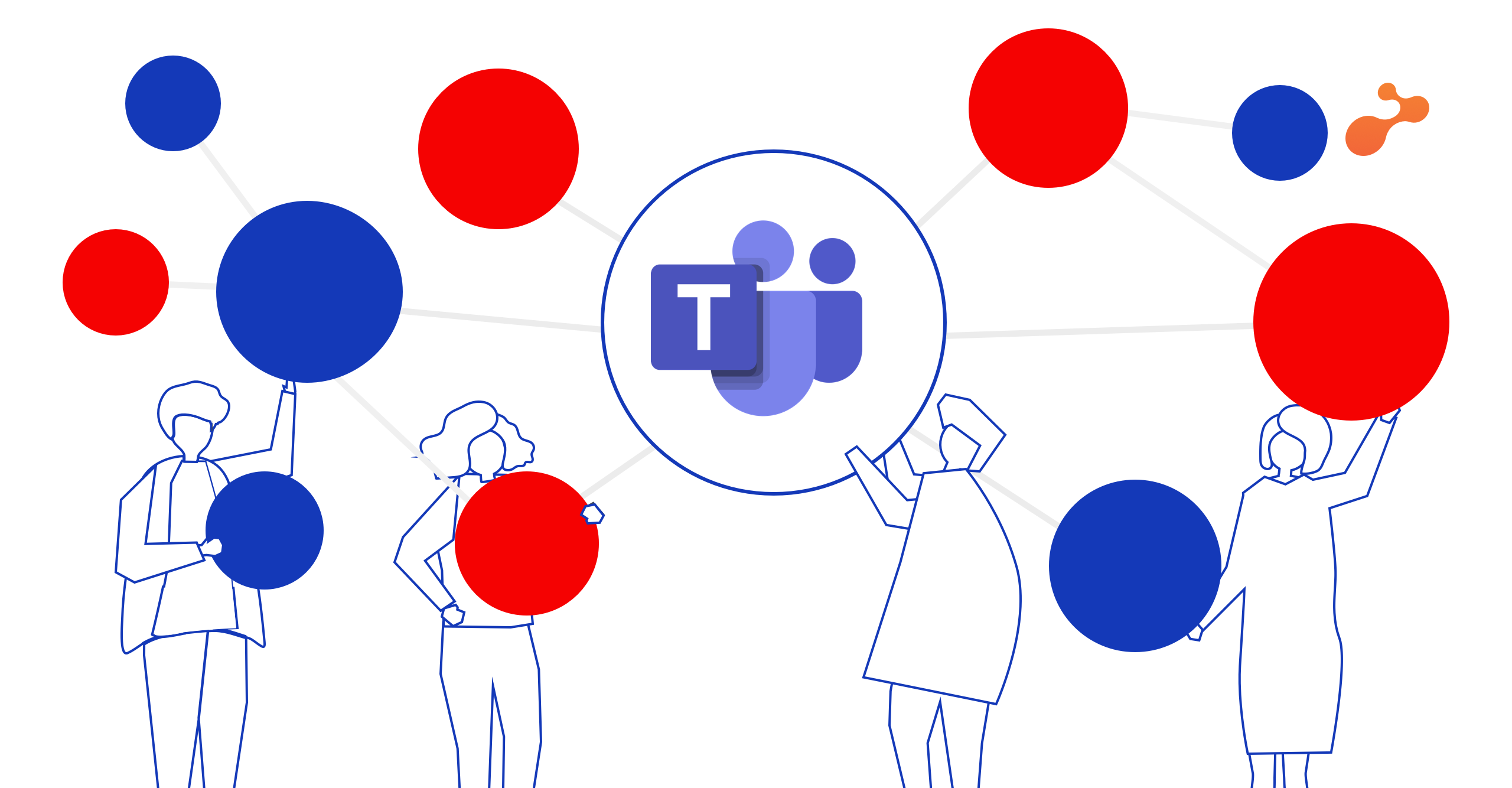Artificial Intelligence (AI), Machine learning (ML), data science, and similar words have become buzzwords in business these days.
A few years back I read a book named "prediction machine". The authors in that book argue that the true value of AI does not lie in its ability to replace human intelligence, but it lies in its ability to reduce the cost of prediction. The cost of prediction for me is a mix of the accuracy of prediction, speed of prediction, expenses incurred on prediction systems, and the ethics aspects too. With newer technologies, all of this can be handled more effectively. However, despite this, there can be some concerns. The biggest concerns can involve ethics & biases around predictions and loss of jobs if AI replaces humans. In this context, I would like to add a comment placed by Futurist Gerd Leonhard- "If you work like a robot, a robot will surely take your job".
With all this, I became more curious to know if AI is still in the future or if it's already here. I realized that AI is already in our lives in many ways. Here are the most prominent applications/systems that we are already using:
- Personal Assistants
Siri, OK Google, and Alexa are the most popular voice assistants in our lives. All of these accept a voice command, use NLP techniques, process the query, and generate a natural language response to the query. Personal assistants are also able to understand the tone of voice commands and analyze the sentiments of the user while responding. The ML algorithms also enable these assistants in learning from interactions and allow them to put those learnings into practice. - Navigation Apps
Google Maps is an important part of our lives. We use it for directions, information, 360-degree view, and whatnot. Google Maps and other map apps use an enormous amount of data generated by users, ecosystem partners, and relevant sources and predict traffic conditions, estimated time, optimized ways to reach the destination, and even near real-time predictions. Google Maps also understand voice commands (OK Google) and uses NLP techniques to process such voice queries. - Rideshare Apps
We use ride-share apps like UBER to call a cab. These apps use AI for multiple things including route optimization to ensure guests reach the destination in minimal time and save money too based on traffic patterns b) Dynamic pricing or surge pricing to create differential pricing structure based on time of the day, traffic patterns, demand by riders, and even weather-based predictions/recommendations. - Face Recognition Apps
Many people unlock their phones e with Face ID. That's an excellent example of robust and well-tested AI technology. It is an adaptive technology that also understands changes in your face as you grow, or when you grow a beard or wear glasses, etc. Additionally, face recognition applications are now used by security services (such as property management), airport security, etc to scan guests and visitors and identify them when they visit again. - Photo Apps and Camera Apps
We are using many AI-based features in our mobile cameras. Auto focus, image stabilization, scene detection, object detection (person, food item, animals, etc), and face recognition (when an app asks you to tag a contact from a contact list to a photo) are examples of some AI features. Moreover, the Google Lens app can analyze photos and provide information about the content, such as the breed of a dog, the type of food in a dish, the product pictured, etc. Another example is Amazon Lens- a visual search tool that can take and analyze images and search the marketplace for a similar product. - Writing Aid
ChatGPT itself has proved to be a great aid for writers and creators. While the quality of content and context is still in question, AI is at least doing primary writing very well. We always get autocompletion suggestions while we type in documents, mail, and even LinkedIn messaging. Some or the other AI algorithms are trying to understand the content, analyze it and suggest relevant responses. I had a look at the powerful Einstein GPT by Salesforce. It is embedded in CRM and helps salespeople increase productivity by automating scheduling, writing emails (in multiple tones such as formal/ informal, etc), and saving time. I tried my hands on a tool called Simplified. It helped me create a blog structure, suggest content, and even write based on some key points. I was impressed when the tool suggested me some titles for the content, created an outline and generated some content. It also suggested images fetched from DeepMind another AI tool. - e-Commerce Recommendation Engines
We all use Amazon for shopping for everything from groceries to electronic goods. Amazon is dedicated to its mission to create a greater shopping experience for users. It is all about what customers search for and shop online, how the order management is done, and how the product is shipped and delivered in an optimized time. We already looked at Amazon Lens as a visual search tool. Amazon thrives on its recommendation engine for recording products based on search, history, and any other insights about the user. In a research paper by Brent Smith et al called "Two Decades of Recommender Systems at Amazon.com," the authors have described how a flywheel approach (too big to start with but easy once it starts spinning) of recommendation system has helped Amazon achieve leadership. The complex system offers users a personalized experience. When the user logs in, he/she sees items and content curated based on the user's history, data of millions of users, and millions of products. It's like a physical store starting to rearrange shelves for each visitor.
As AI technologies continue to advance, we'll likely see even more powerful AI capabilities integrated into portable devices such as smartphones, wearables, and even industry-grade smart devices such as payment sports/field devices. These technologies have the potential to make our lives easier, more efficient, and more productive, but they also raise concerns about privacy, security, and the ethical implications of AI-powered devices.









